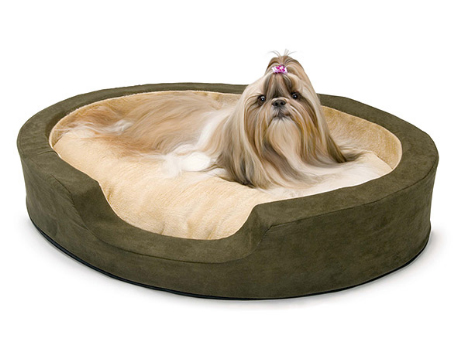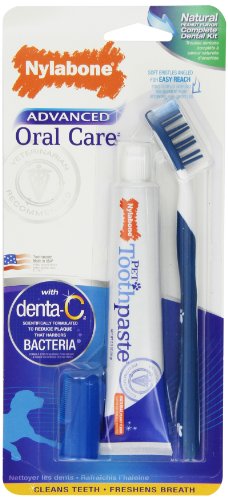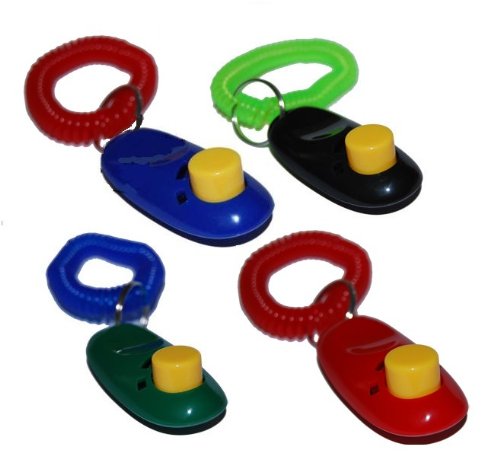Vitamin C is needed for healthy teeth and gums as well as for a strong immune system to fight diseases. While dogs can produce their own vitamin C, it is not enough and therefore needs to be part of the diet. Vitamin B is needed for energy and to break down protein and carbohydrates. Minerals are a critical component of a diet but they make up less than 2% of most formulated dog food products. Since more than half of the necessary minerals are lost in manufacturing processes, adding mineral supplements to your pet's food is recommended.
Ready access to fresh and clean is necessary for your dog to maintain proper body functions as well as to aid the body to break down hard-to-digest food like meats.
Whether you make your own dog food or buy them off the shelf, it is necessary to make sure the proper nutrients in the right amounts are given to your dog. Just a little effort goes a long way in helping our pets lead a healthy life as your companion. Kennel cough or infectious tracheobronchitis is a common and highly communicable respiratory disease in dogs. The disease is characterized by a dry, hacking cough that sounds as if something is lodged in the dog's throat, and can be quite forceful that its leads to retching or heaving.
Healthy dogs can easily acquire the disease in vaccination clinics, animal shelters, veterinary hospitals, local parks, kennels, dog shows, grooming parlors or animal boarding places with infected dogs. Crowded situations where the air is very warm and ventilation is poor are a potential source of kennel cough.
Kennel cough can be caused by one or a combination of the following airborne agents (either as the causative or secondary agent): canine distemper virus, canine adenovirus 2, canine parainfluenza virus, the bordetella bronchiseptica or other gram negative bacteria. The condition is triggered when two or more of these pathogens attack the dog at the same time, leading to bronchial and tracheal inflammation. Other signs of kennel cough include thick yellow or green nasal discharge, rhinitis and conjunctivitis in some dogs.
A dog will exhibit clinical signs of kennel cough between five to 10 days following infection from carriers. Although the condition sounds serious, the self-limiting nature of the disease makes it generally harmless, with dogs recovering without any major effect a week or two after. Kennel cough symptoms can persist for up to 20 days. Owners should note that extremely young and old dogs may develop serious respiratory complications from the disease.
The disease is usually diagnosed by a veterinarian by checking on the dog's history and a physical exam. The trademark cough can be triggered by simply massaging the animal's trachea or larynx.
In cases where dogs have fever, depression or unusual lung sounds, veterinarians may require a chest x-ray, complete blood count and a laboratory analysis to check for microorganisms in the airways. These diagnostic tests will help establish if pneumonia is already developed or canine distemper and other infections have already set in.
Affected dogs usually remain active and maintain appetite levels despite kennel cough. However, since the trachea becomes highly sensitive, owners should loosen or avoid leashes and collars to minimize the possibility of tracheal damage, particularly when their pets have a coughing spasm.
Since dogs often recover from the disease by themselves shortly after contraction, treatment usually focuses on cough control. Butorphanol and hydrocodone are two common control drugs given for kennel cough, although pet owners should first consult their veterinarians for advice on the best treatment for their dogs, particularly for antibiotics in more severe cases. These cases - some of which could lead to pneumonia - typically call for isolation of the infected pet to prevent the disease from spreading.
Vaccinations are another preventive step. There is a subcutaneous vaccine of modified live parainfluenza, distemper and adenovirus 2 and an intranasal B bronchochiseptica vaccination. Similar to human patients, vaccination schedule and dosage varies across dogs in terms of age, with activities also considered by veterinarians.
Aggressive dogs are the ideal patient for injectable vaccination, particularly if they are the type that bites when their muzzle is handled. Owners should remember that this treatment will not prevent kennel cough 100%, but will make infection less severe.
Two-week old puppies can already receive intranasal vaccination, which gives 10-12 months immunity and followed with annual booster shots. This form offers faster immunity compared to injectables, as it stimulates local immunity by targeting the site where the infection naturally occurs.
The DHLLP vaccine is the standard vaccine for kennel cough, with the treatment for adenovirus 2 applicable also to adenovirus 1 - the canine hepatitis agent. Owners must remember that vaccination will no longer be effective if their dogs are already incubating kennel cough.
Some veterinarians prescribe a cough suppressant-antibiotic combinations following diagnosis. One recently developed antibiotic, azithromycin, has been found highly effective, particularly for mycoplasmal tracheobronchitis. Another option is the sulfa or trimethoprim combination.
Since multiple organisms cause kennel cough, immunization may not eliminate totally eliminate the problem. Owners should also consider preventive measures to limit exposure, including refraining other dogs - both familiar and unfamiliar - from sharing food and toys with their pets.
In addition, a good number of veterinarians feel that no treatment may actually be the best course of action, as antibiotics could later weaken a dog's resistance and increase exposure to pneumonia and other more serious complications.

 The Particular Way To Select The Perfect Dog Bed
A very orthopedic bed s not for every single dogs. When you
The Particular Way To Select The Perfect Dog Bed
A very orthopedic bed s not for every single dogs. When you
 An Introduction To Clicker Training For Dogs
How To Begin Clicker Trainin
An Introduction To Clicker Training For Dogs
How To Begin Clicker Trainin
 Dog Dental Health: Preventing Diseases and Plaque On Your Dogs Teeth
Your Dogs Dental HygieneOkay, so you can&rsquo
Dog Dental Health: Preventing Diseases and Plaque On Your Dogs Teeth
Your Dogs Dental HygieneOkay, so you can&rsquo
 How To Train Your Golden Retriever
Golden Retriever Puppies
Credit: Phot
How To Train Your Golden Retriever
Golden Retriever Puppies
Credit: Phot
 How To Stop A Dog From Escaping
We love our dogs. After all,
How To Stop A Dog From Escaping
We love our dogs. After all,